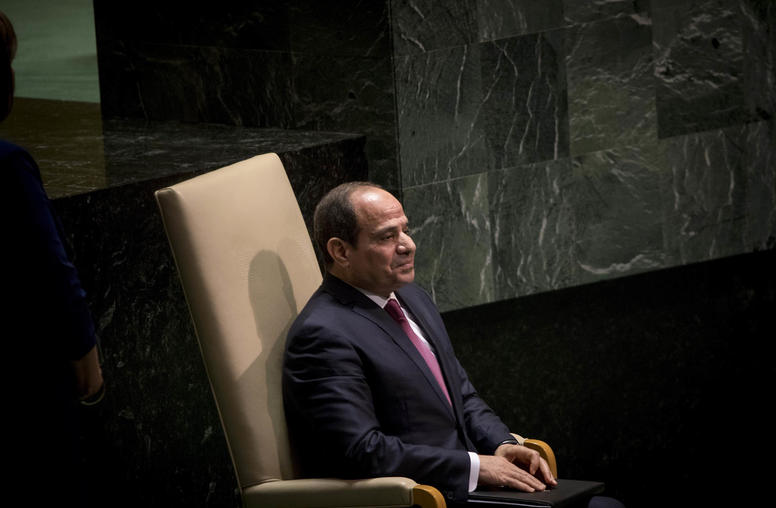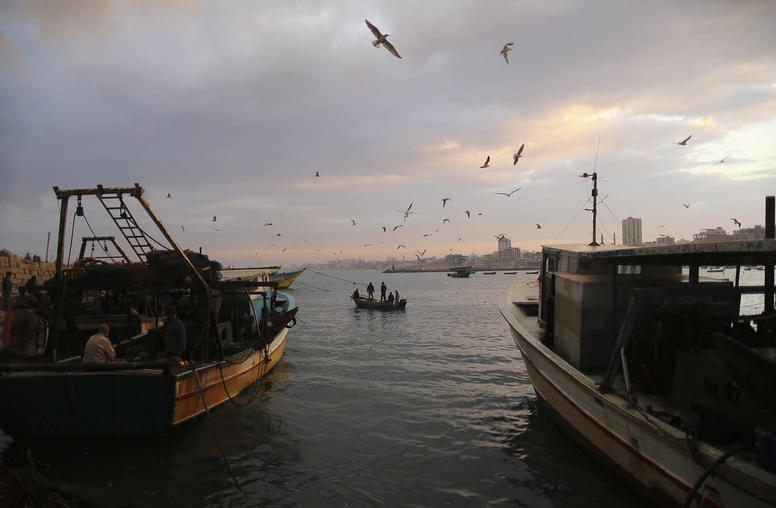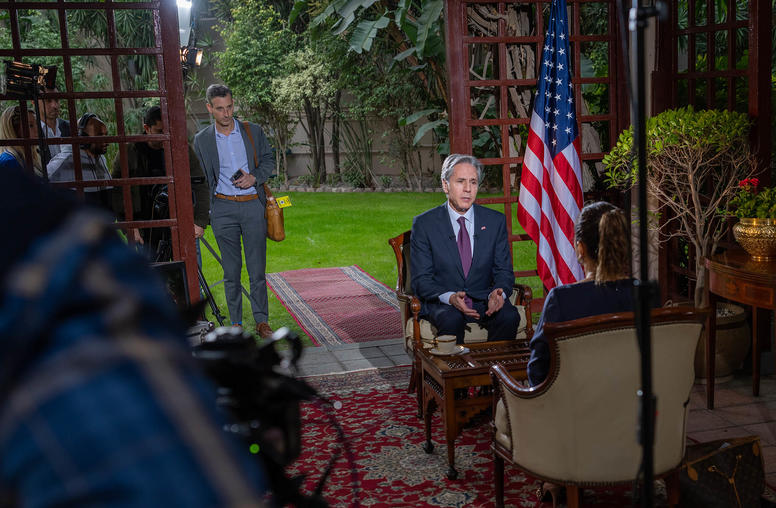The Arab Spring and Mideast Peace
The Arab Spring may ultimately foster Arab-Israeli peace efforts if those populist uprisings lead to stable democracies, but in the short run these history-making events are more likely to inhibit steps toward peace. That note of caution emerged from several panelists at a Nov. 2 session on “Arab World Transitions”—part of a day-long conference co-sponsored by the United States Institute of Peace (USIP) and the James A. Baker III Institute for Public Policy at Rice University.
The democratic rebellions, concluded USIP Senior Adviser Dan Brumberg, “are probably going to complicate the peace process.”
There are several reasons.
In Israel, worries about whether the unleashing of populist nationalism in Egypt and elsewhere will affect Arab relations with Israel make the country’s leaders even more sensitive about its security picture and hence about making compromises. “The Israelis look at the regional situation and say, ‘There’s no way we’re taking risks,’” said Robert Satloff, executive director of the Washington Institute for Near East Policy. He argued that the Egyptian interim government is conducting a “very dangerous” experiment related to its relationship with Israel and their crucially important bilateral peace treaty. Satloff described the tactic as one of “no peace, no war.”
With peace breakthroughs nearly impossible over the next year, Satloff said, U.S. policy should focus on helping Arab states “get their changes right.”
The sense of Israeli caution was also raised by Yair Hirschfeld, a historian and Middle East fellow at the Baker Institute who was a co-creator of the back-channel talks with Palestinians that led to the Oslo accords. He recalled that Israeli Prime Minister Binyamin Netanyahu placed the Palestinian issue in third place, behind security issues and maintaining peace with Egypt and Jordan, in an address to the Israeli Knesset this year.
Graeme Bannerman, a former State Department official and a scholar at the Middle East Institute, said the Egyptian public is not preoccupied with Israel and the peace treaty is not in jeopardy. “Egyptians are focused inward,” he said. “The overwhelming majority of Egyptians see a benefit to 35 years of peace.” However, Bannerman suggested that post-uprising Egyptian governments would grant wider sway to nationalist sentiments in contrast to the Mubarak regime, which tamped down anti-Israeli reactions.
Nadia Bilbassy-Charters, a Palestinian journalist who is a senior correspondent in Washington for the Middle East Broadcasting Center, said that Palestinians “feel left behind” by the Arab Spring and that their leaders are responding to popular frustrations as they seek international recognition at the United Nations. She also said that Palestinian reaction to the Arab Spring was promoting some rapprochement between Hamas and Fatah.
Brumberg of USIP said that how the Arab Spring affects attitudes toward the peace process with Israel would vary country by country. It remains a “key issue for Arabs,” he said, but “it’s only in a moment of crisis…that it becomes an issue for mobilization.”
A further complication in Mideast peacemaking is the perception of U.S. standing in the region. Bannerman contended that U.S. credibility in the Arab world has fallen dramatically in recent years, causing “a huge degradation of the U.S. role.” He said the Palestinian Authority’s decision to seek recognition at the U.N. represented a challenge to the premise of U.S. leadership of regional peace efforts. “Our ability to influence is limited today more than at any time in the last 35 years,” he said.



